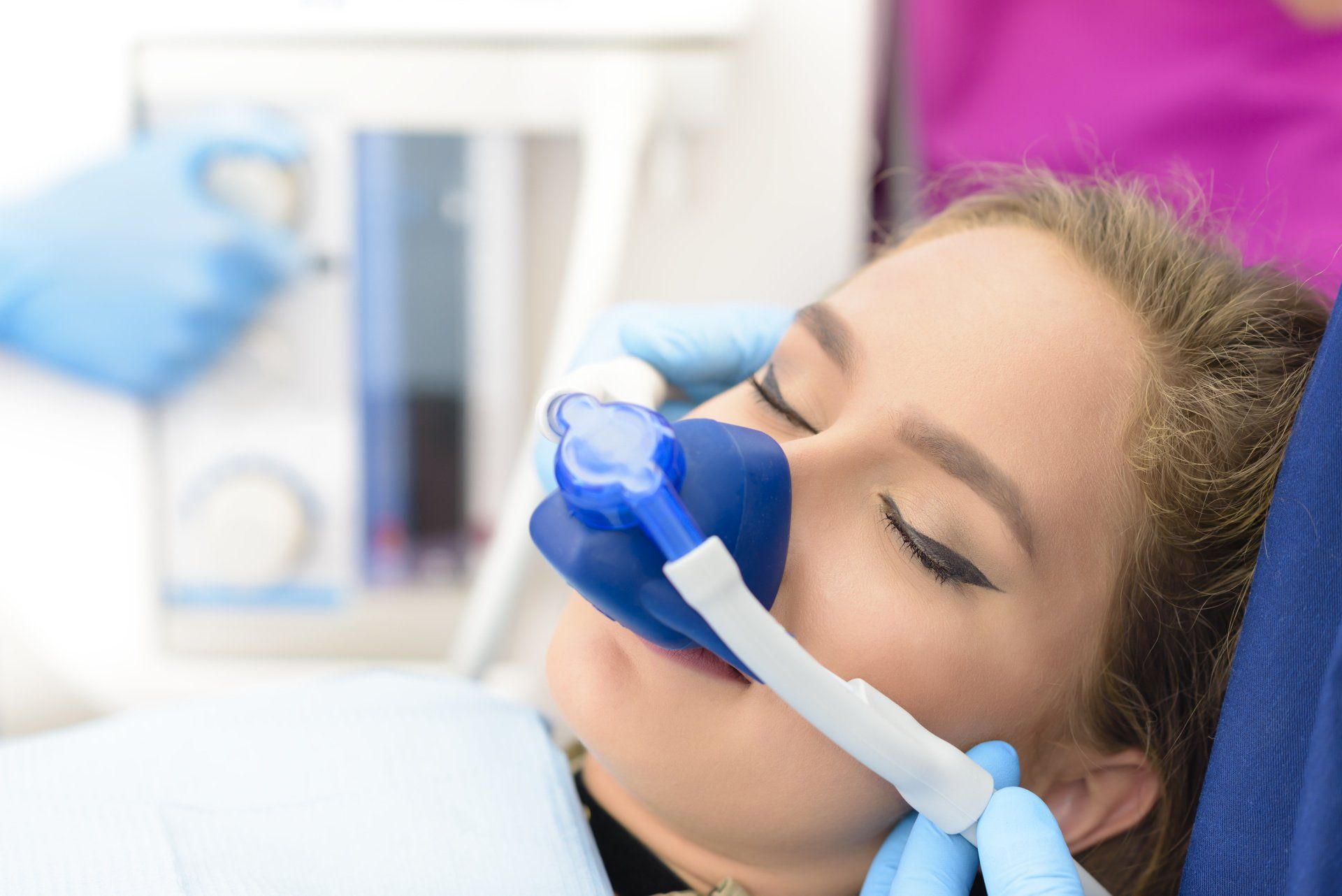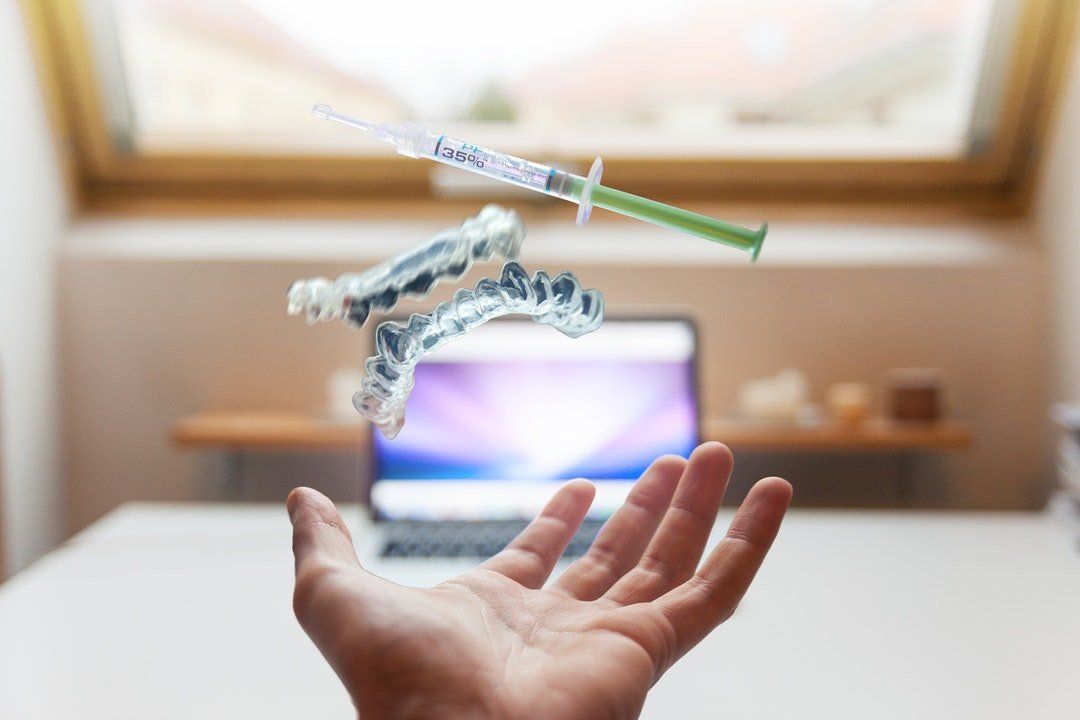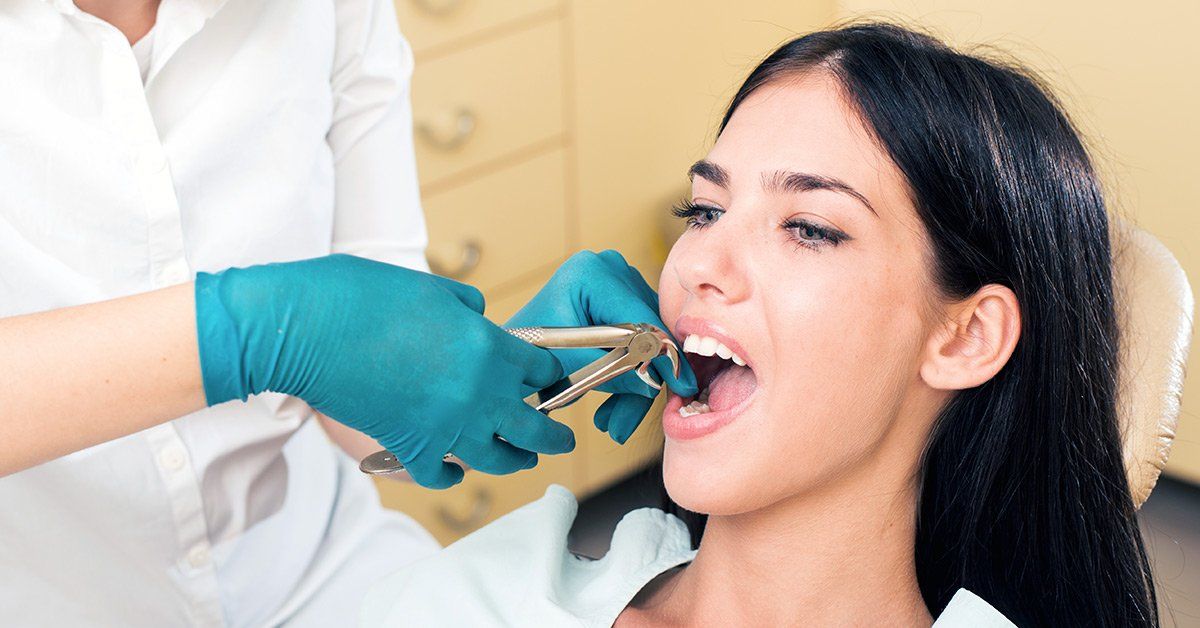Just Chillax! The 8 Benefits of IV Sedation Dentistry
- By E.C.O. Dental
- •
- 05 Mar, 2019
- •
If you have a mortal fear of the dentist, then IV sedation dentistry might just be for you. Learn about the benefits of this practice.

Most people get at least a little bit nervous when they walk into their dentist's office. But for those who suffer from a condition called dental phobia (also known as dental anxiety), it can be almost impossible for them to deal with the idea of a dentist working on their teeth.
There are more than 30 million Americans who have dental phobia, and unfortunately, many of them have stopped seeing their dentist altogether because of the fear they feel. This puts them at a higher risk for gum disease, tooth loss, and more.
IV sedation dentistry is here to help. This type of dentistry relies on the use of advanced sedatives and IV drips to help people relax when they visit a dentist. Here are 8 of the main benefits that come along with IV sedation dentistry.
1. Starts Working Right Away
It doesn't take people who have dental phobia very long to start feeling anxious when they enter a dentist's office. All they need to hear is one drill sound and they'll want to start running to the door.
The first big benefit of IV sedation dentistry is that it provides quick relief to these people. They'll often be escorted directly to a chair and numbed up with a topical cream before receiving an IV drip containing a sedative.
This will make the patient feel calm and comfortable within just a few minutes of walking into their dentist's office. It doesn't give them time to worry about what's going to happen during the procedure that's going to take place.
2. Reduces Anxiety in Patients
Going to the dentist makes some people feel anxious because they're worried about what might happen during their dental procedure.
Will it hurt? Will there be blood? Will the dentist find something that they weren't expecting to find?
These kinds of questions race through the mind of someone suffering from dental phobia. And before long, they're terrified to even think about sitting down in a dentist's chair.
IV sedation dentistry eliminates all these questions and puts people's minds at ease during their trip to the dentist's office. Once the sedative that they're given kicks in, their mind will slow way down and they won't feel anywhere near as anxious as they did before.
3. Allows Dentists to Work in Peace
Dental phobia doesn't just affect the person who has it. It also affects the dentist who has to try to get the person to relax enough so that they can work on them and perform whatever procedure needs to be done.
With IV sedation dentistry, dentists don't have to struggle so much while working with patients who are consumed with fear and anxiety during dental procedures. They're free to work in peace once a patient has been given an IV sedative to calm down.
4. Gives Dentists Time to Perform Numerous Procedures
A person with dental phobia usually struggles to sit through one dental procedure at a time, much less several dental procedures at once. As a result, these patients often have to come back to their dentist several times to have procedures done one by one.
This isn't the case anymore thanks to IV sedation dentistry. Sedations provides dentists with the opportunity to perform a bunch of dental procedures at once so that they don't have to go back in and do more later. This cuts costs for patients and results in a lot fewer visits overall.
5. Leaves Patients With No Memory of Procedures
Some people are scared to go to the dentist's office because they remember dental procedures they've had done in the past. Those procedures scarred them to some degree and made them fearful of returning to see their dentist again.
Most of the patients who utilize IV sedation dentistry don't have to worry about this because they have no memory of the procedures they have done after receiving an IV sedative. This means that they're not as afraid to go back to the dentist in the future.
6. Helps Those With a Sensitive Gag Reflex
IV sedation dentistry can help more than just those who have dental phobia. It can also help anyone who has a sensitive gag reflex that causes them to feel like they're going to choke when a dentist is working on their teeth and gums.
An IV sedative will allow these people to relax without feeling like they're going to gag every time they open their mouth wide for the dentist. It provides them with some much-needed relief from their gag reflex.
7. Leads to Improved Oral Health
When dentists are able to work on their patients through the use of IV sedatives, it enables them to clean their teeth, fill cavities, perform root canals, and more. This leads to a dramatic improvement in oral health for those with dental phobia.
8. Encourages People to Return to the Dentist
Those who have dental phobia might not ever circle the date of their next dentist's appointment on the calendar and look forward to it. They'll always feel some sense of anxiety any time they know a trip to the dentist's office is on the horizon.
But IV sedation will make them slightly less fearful of the dentist overall, which will encourage them to go back to the dentist regularly moving forward. That alone is a huge win for both patients and dentists everywhere.
Give IV Sedation Dentistry a Try Today
Do you have a hard time working up the nerve to walk into your dentist's office every six months? IV sedation dentistry should give you some hope for the future as far as your oral health is concerned.
You won't freak out anymore when you know you have an appointment coming up. You'll also be more open to some of the dental procedures that you've been putting off over the last few years.
If you want to learn more about what IV sedation is all about, we're here to help you. Contact us today to schedule an appointment.

